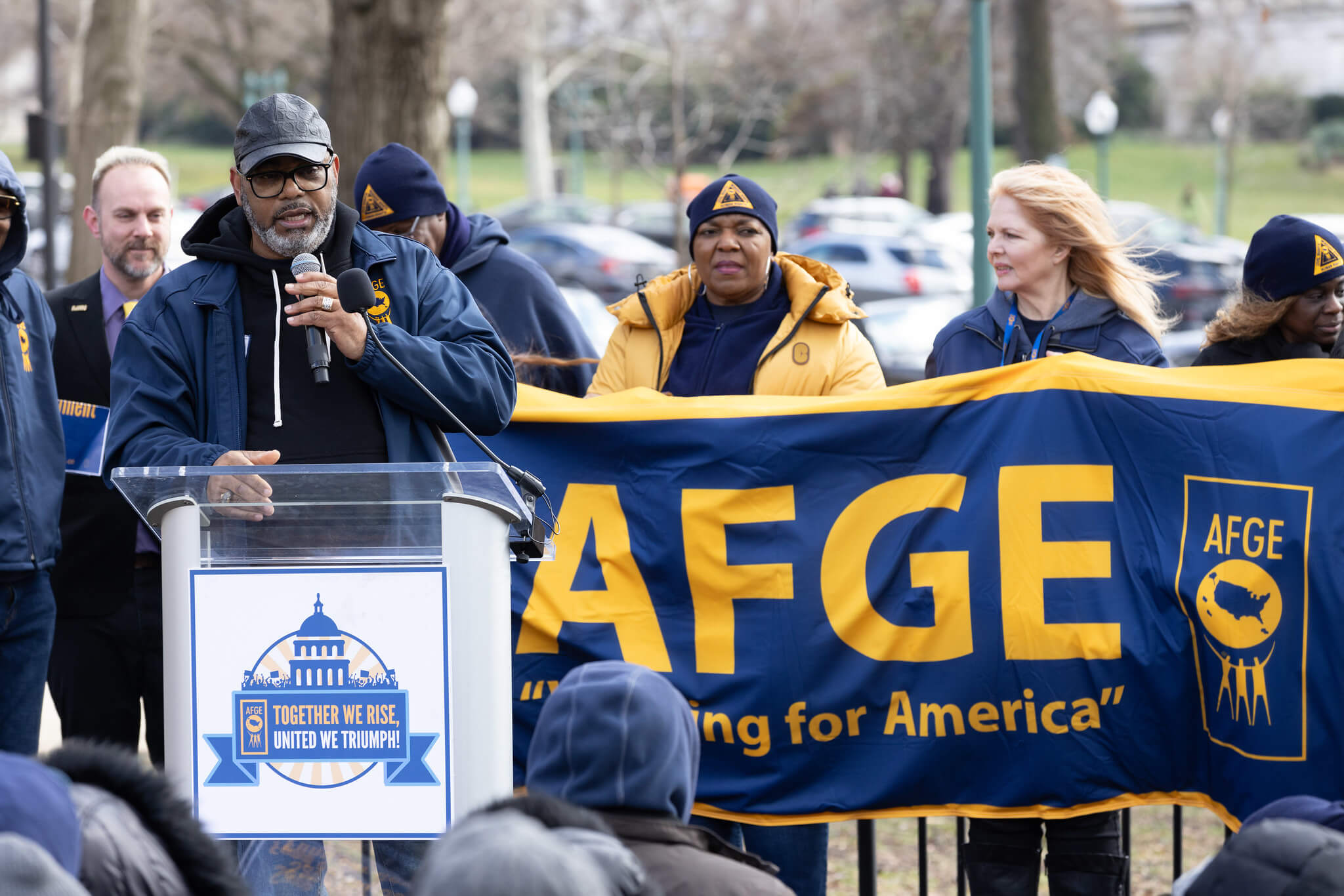The Trump Malignancy and the Book That Will Not Be Written
The malignant deviancy of the Trump administration and Trumpist supporters in Congress continues apace. The decision of the House intelligence committee Republicans to close their investigation into Russian interference with the completely non-credible claim that they found no evidence of Russian interference is yet another sign of the moral and intellectual vacuuity of Trumpism. But it is also something more. It is, sadly, a sign that the liberal order of intelligence oversight is breaking down fatally. And therein hangs a tale—and the spiking of a book I've written.
Published by The Lawfare Institute
in Cooperation With

The malignant deviancy of the Trump administration and Trumpist supporters in Congress continues apace. The decision of the House intelligence committee Republicans to close their investigation into Russian interference with the completely non-credible claim that they found no evidence of Russian interference is yet another sign of the moral and intellectual vacuuity of Trumpism. But it is also something more. It is, sadly, a sign that the liberal order of intelligence oversight is breaking down fatally. And therein hangs a tale—and the spiking of a book I've written.
In 2016 (i.e., before the election) I produced a video course called "The Surveillance State: Big Data, Freedom, and You" for the Teaching Company. It was styled as a neutral look at surveillance issues, covering both sides of the question in an even-handed manner, and I hope I achieved that goal. The course seems to me to have withstood the test of time.
In due course I committed to converting that program into a book, notionally titled "Surveillance America: Security and Privacy in the New Digital Age." While also intended as even-handed, the book had a thesis: that intelligence collection activities can and should be conducted and that fears of abuse were generally overblown. The ground for that confidence was a twofold belief that (a) the executive was generally law-abiding in intent; and (b) the legislative and judicial branches would serve as checks on abuse on those rare ocassions when it occured.
That is a conception of intelligence in a liberal democracy in which I believe—and conception to which I've devoted my professional career. As I wrote in a draft of one chapter of the book:
When all is said and done [there was] real value in the operations of the Church, Pike, and Rockefeller committees [reviewing CIA activity prior to the 1970s]. Through their examination they exposed an unlawful and unregulated system of intelligence and law enforcement activity. And the result was one that in retrospect is a triumph for democratic principles. Building upon their examination these committees put in place a new system of oversight and control, one that continues to operate to this day, and one that reflects an effort by democratic institutions to enable intelligence and law enforcement activities within the bounds of law.
My professional career has spanned presidents from Reagan to Trump. Of all except the last, I could confidently say that their basic commitment to the rule of law was undoubted. Of all except the last, I could also say that congressional oversight, while sometimes ineffective, served as a significant check on the misuse of power. I can no longer say that.
When Donald Trump was elected, I had a conversation with the publisher and said that I thought I could not do the book any more—at least not the way I wanted—because I thought I saw what was coming. The publishing house dissuaded me from stopping and told me that it hoped I was overreacting. I pushed forward with the book but remained deeply skeptical of my own conclusions.
The last straw for me was this week's announcement by Republicans in the House that they have found no evidence of collusion—directly contradicting what the special counsel has uncovered and revealing that the function of oversight is now dead in Congress. Thus two-thirds of my thesis (the premise of legality by the executive and oversight by the legislative) is now untenable. And I have 90,000 words that are no longer ones I am willing to publish.
I can hear my liberal friends now, mocking this somewhat. They have had this skepticism of government for a long time and will, I am sure, both welcome my "conversion" to their view and deride me for how late in my career it was. I think, however (and with respect), that this sort of response undervalues and misstates the deviance of Trumpism. The Trump approach has truly stolen the soul of conservatism. It is different in kind and not degree from past administrations.
And so, for now, I put aside the book. I hope I can return to it someday with a chapter on the "Trump Detour." At this point, however, I can no longer say that executive and legislative probity is a given. The guardrails of American democracy (to paraphrase Jack Goldsmith in describing institutional restraints on authoritarianism) are buckling. To which one can respond only: Trumpism Delenda Est.




.jpg?sfvrsn=407c2736_6)
